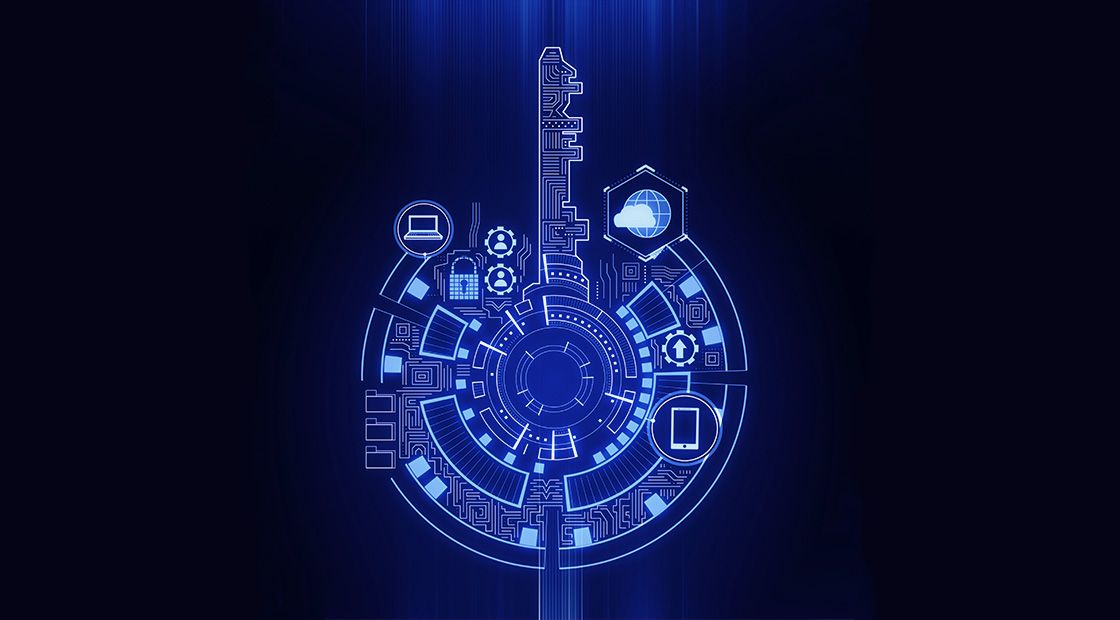How to HODL: Preparing for the next bull market
What does it really mean to HODL?
HODLing is a slang term for investors who choose to hold bitcoin (BTC) and other assets for a long period of time, rather than trade in the short term. But HODLing is more than a decision. It requires you to be proactive.
To successfully HODL your bitcoin, you must cultivate a long-term plan for protecting your bitcoin from single points of failure including yourself. It doesn't do any good to hang onto BTC through booms and busts just to fall short at the finish line due to a theft or accident.
Many investors choose to use bear markets as a time to strength their knowledge and grow their stack. With the right mindset, the down times in bitcoin’s price can be a great opportunity to upgrade your bitcoin security, too. Here are several tips to help you pass the time if you’re committed to HODLing bitcoin.
Take advantage of the quiet time
Market dynamics influence investors and malicious actors as well. Thieves are less likely to take the risk of stealing something if they think its value is going down. When the bitcoin price goes up, however, the risk-reward proposition for a potential theft increases in the mind of criminals.
While no one knows what a bull market could begin, you can reap the rewards of a savvy security practice for a lifetime. When bitcoin's price slips or flatlines for an extended period of time, it's often a smart time to improve your protection. Security is about staying ahead.
Get a hardware wallet
Taking self-custody of your assets is the best way to protect your bitcoin from exchange hacks. When you withdraw your bitcoin and hold your own keys, you can prevent hackers from accessing those keys, and a hardware wallet is a good first step.
A hardware wallet is a dedicated device for storing your private key and signing bitcoin transactions. With these devices, you store your key offline, also known as cold storage, until you’re ready to spend bitcoin. Hardware wallets cost anywhere from $75 to $250 and above for more robust models. Casa works with several hardware wallets and acts as an additional security layer.
It's sometimes easier to obtain a hardware wallet when market hype recedes because devices are less likely to sell out.
Set up Casa
Once you have a hardware wallet, it’s important to not stop there if you have a significant amount of bitcoin. Individual hardware wallets are another single point of failure. If your device is lost or stolen and you don’t have a backup, your bitcoin could be gone. Similarly, if you have your key stored on a mobile phone wallet, or hot wallet, and something happens to your phone, your funds could be lost forever.
Casa is a robust bitcoin security setup designed around a multi-key vault to alleviate single points of failure. With Casa, your bitcoin is protected with multiple private keys, each held on different devices in different locations. With this arrangement, your bitcoin is safe even if one key is lost or compromised.
Move your bitcoin to self-custody
After an exciting bull market, it can be easy to end up with bitcoin sitting on an exchange, especially if you’ve done a lot of trading.
Exchanges are actually single points of failure when it comes to bitcoin. Often, when a person is first learning about bitcoin, they buy some sats on an exchange and don’t get around to taking custody of them, leaving it up to the exchange to keep their bitcoin safe. But this is dangerous.
Because exchanges have a lot of bitcoin, they become prime targets for hackers. Since bitcoin was created, many exchanges have been attacked and some exchanges have disappeared entirely, devastating many would-be HODLers.
If you have bitcoin located on exchanges or multiple wallets, a bear market can be a good time to consolidate it into your Casa vault if you haven’t already done so. This usually means performing an on-chain bitcoin transaction from one address to another.
Bitcoin transactions are designed to reward patience. If you’re willing to take your time, you can pay less in transaction fees. On-chain transaction fees fluctuate depending on how long you’re willing to wait for confirmation and how many transactions are waiting in line ahead of you. You can try to set up a transaction to process in the next block, but that usually means paying a premium.
If you’re willing to wait, which HODLers usually are, you can often set up a transaction with a low fee, wait a day or a week, and save some sats. If you’d like to move bitcoin around, consider watching the bitcoin blockchain for a good time to process transactions. Mempool.space is a helpful tool for watching blockchain processing times. Sometimes, you can send a transaction and have it processed immediately for barely any fees.
While timing your bitcoin purchases is hard to do, timing your on-chain transactions is straight-forward and pays off in the long run.
Perform a health check
Security is a lifelong discipline. If you already have an existing Casa vault, it’s a good practice to do a health check once every six months to verify your keys are in working order.
Health checks allow you to test each key in your vault without having to spend bitcoin in an on-chain transaction. You can perform a check on each key in your setup, including any hardware devices, and this process can be navigated in-app.
Quiet times like bear markets are a convenient opportunity to perform some maintenance behind the scenes. With a health check, you can proactively identify and replace any compromised keys. That way, you can be fully prepared from a security perspective when the next bull market comes around.
Study up on OpSec, privacy, and bitcoin security
During bull markets, there’s no shortage of content on price predictions, technical analysis, and why bitcoin could go to the moon. In reality, guessing about the future isn’t as helpful as preparing for the future. Educating yourself on bitcoin and security practices is a much more productive use of time, even if it’s just a refresher.
For instance, now could be the time to explore upgrading your home security. There are several home defense features you can look into to better protect yourself and your loved ones, such as surveillance cameras. Or perhaps, you’ve always wondered about cryptography. This could be the right moment for a primer on encryption such as the below article.

Understanding bitcoin and holding your own keys allows you to develop more and more resilience in your everyday life. The more you learn about bitcoin and the protective mentality behind it, the better equipped you are for self-custody.
Final thoughts
Bitcoin’s creation represented a technological breakthrough in mathematics, engineering, monetary policy, and so much more, and that impact didn’t happen overnight. Regardless of what happens to the price, bitcoin has a bright future ahead of it as an asset you can truly own and secure without relying on third parties.
If you’re planning on HODLing your bitcoin for the long haul, make the most of the time between bull runs. Every now and then, the bull has to sharpen its horns.
HODL with peace of mind
Exchanges and hardware wallets are single points of failure. With Casa, you can protect your bitcoin with multiple private keys for increased security and peace of mind. Get started here.
The Services are a platform for managing cryptographic keys and nodes. The Services are not an exchange for buying, selling, or trading digital or virtual currency or assets (an “Exchange”), and Casa is not a bank or other financial institution. The Services do not and cannot sell, hold, invest, send or receive money or cause or effect any digital or virtual currency or asset transactions. BY USING THE SERVICES IN ANY MANNER, YOU ACKNOWLEDGE AND AGREE THAT (A) CASA IS NOT IN THE BUSINESS OF PROVIDING FINANCIAL, LEGAL, TAX, ACCOUNTING, OR INVESTMENT ADVICE OR SERVICES, (B) NONE OF THE SERVICES ARE INTENDED TO PROVIDE OR CONTAIN ANY SUCH ADVICE OR SERVICES, AND (C) ANY AND ALL SERVICES ARE PROVIDED FOR INFORMATIONAL PURPOSES ONLY. Casa urges you to consult a qualified professional for any such advice or service.
Want security news delivered to your inbox?
Our Casa Security Briefing summarizes key developments in security and privacy with quick and easy insights into you how can protect your bitcoin. Sign up below.
Read more



